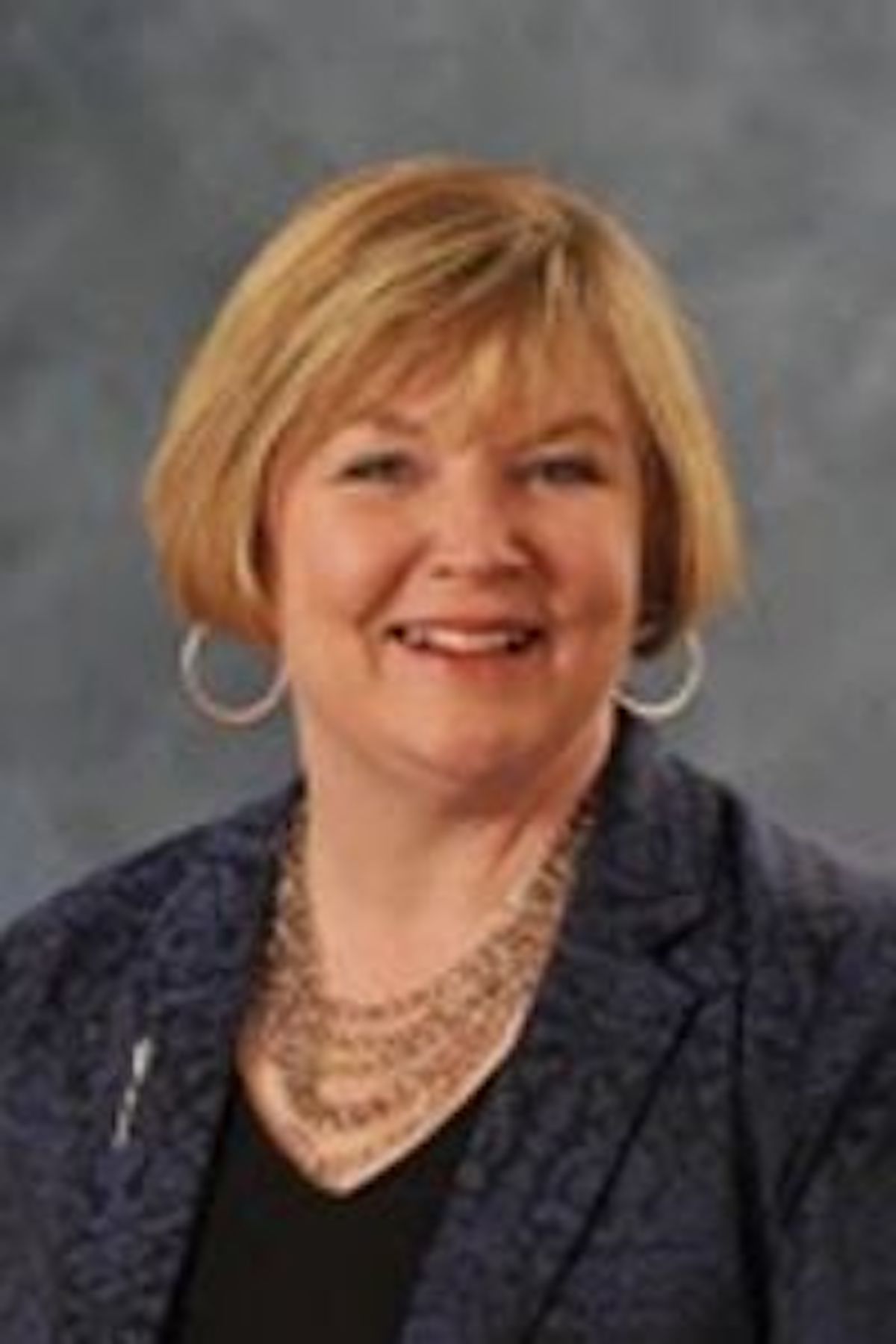By Justin Jarrett
LowcoSports.com
By the time you read this, our state legislature might have made the next step toward taking over governance of high school sports in South Carolina. If it happens, pay attention to who is celebrating, because it won’t be the coaches, administrators, and student-athletes who will be most impacted.
The notion of dismantling the S.C. High School League (SCHSL), which has overseen high school athletics in the state since 1913, was the brainchild of Rep. Shannon Erickson (R-Beaufort). Erickson floated the idea in an ad hoc committee in 2023 and was one of the sponsors for bill H.4163 when it was officially filed March 6.
The proposal passed through subcommittee last week and appears fast-tracked for passage in the House and Senate before heading to Gov. Henry McMaster’s desk for a signature, and it would fundamentally alter how high school and middle school sports operate in the Palmetto State — or more accurately, who decides how they operate.
The bill would replace the member-run organization that has governed high school athletics for more than 110 years with an 11-member board appointed by the state legislature.
The idea has been met with mixed reviews on social media, but the vast majority of veteran coaches and athletics administrators have expressed strong and unequivocal concern.
“This would be the beginning of the end of high school athletics,” said Jimmy Weatherford, a legendary baseball coach at Chesterfield and South Florence high schools who is now coaching at Christian Academy of Myrtle Beach, which competes in the S.C. Independent Schools Association (SCISA).
Much of the angst stems from the league’s handling in recent years of two overlapping issues — how to classify non-traditional schools such as private and charter schools that compete in the SCHSL, and how to adjudicate situations in which players are deemed ineligible during the course of the season.
Critics suggest the league has been unfair to non-traditional schools, pointing to the 3x multiplier for students who live outside a school’s designated attendance zone — a policy that went into place this school year and bumped most non-traditional schools up at least one classification, if not more — and seemingly incongruent rulings regarding the penalty for using ineligible players.
This fall, powerhouse charter school Gray Collegiate Academy and traditional public school Irmo High School both were found to have used ineligible players in a handful of games during the season. Gray was banned from the playoffs, while Irmo was allowed to participate.
“There is no accountability,” Rep. Erickson told The State newspaper. “Our schools have accountability, our teachers have accountability, but there is no accountability from them (SCHSL).”
Those involved in the day-to-day of interscholastic athletics dispute that notion. The league has numerous committees and constantly meets with member institutions to update policy and protocol to meet the real-world challenges that can vary from small rural schools in Class 1A and 2A to well-funded and fully-staffed programs in Class 4A and 5A.
“I can’t think of anything worse for high school athletics in South Carolina than for our legislators to get further involved,” said Charlie Burry, who spent 40 of his 45 years in public education at Hartsville High School, serving as a teacher, coach and principal before retiring in 2018. “SCHSL, all things considered, does a great job.”
The league recently made headlines with a proactive approach to alleviating the issue of eligibility hearings — and possibly stemming the tide of transfers — with a one-time free transfer rule that puts in place standardized eligibility sanctions for a student who switches schools after the season or makes a second transfer without a bonafide change of address. The rule will certainly need to be adapted over time — as will the multiplier rule as it pertains to attendance figures and classifications — but that is what self-governing bodies like SCHSL do: They adapt to the times and continue on.
“State legislators have no idea the scope of what all the league coordinates,” said Greg Elliott, longtime basketball coach at Hilton Head Island and Summerville high schools. “If they did, they would want no part of that beast. Work on paving roads, lowering state income taxes, and anything else but high school sports.
“Just like any organization, sometimes they make wrong decisions,” Elliott said. “But they manage 200-plus high schools fairly well.”
It’s worth noting that most of the support for this drastic and short-sighted measure is coming from advocates for charter schools, many of whom are the very legislators who would appoint the officials who rule over high school sports. Such a move would dramatically swing the balance of power back in favor of the non-traditional schools who dominated the past decade, nearly sweeping the state championships in the Class 1A and 2A divisions once populated by small, rural schools.
The SCHSL is always a work in progress, and many of its critics’ frustrations are valid. But taking the decision-making out of the hands of the people who have devoted their lives to high school athletics and consolidating even more power with our legislators and their cronies, is not the move.
Justin Jarrett is the sports editor of The Island News and the founder of LowcoSports.com. He was the sports editor of the Island Packet and the Beaufort Gazette for 6½ years. He has a passion for sports and community journalism and a questionable sense of humor.


